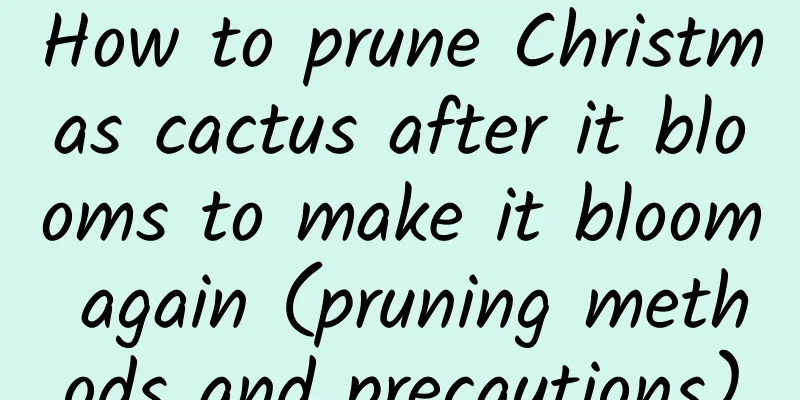How to care for and water Campanula?

|
Campanula is a common ornamental flower . As its name suggests, its flowers are shaped like wind chimes, like a string of small bells swaying in the wind, which is very beautiful. So how to care for and water the campanula? Let’s learn more about it below. 1. Soil selection When caring for campanula, it is crucial to choose potting soil that is breathable and well-drained. You can use a general potting soil mixed with peat soil, leaf mold and perlite , or you can add a small amount of river sand to improve drainage. 2. Light temperature Campanula likes plenty of sunlight and it is best to place it in a bright location, but avoid long-term exposure to strong direct sunlight to prevent leaf burns. Its suitable growth temperature is 15-25℃. During daily maintenance, avoid exposure to extreme high or low temperatures. 3. Watering tips Campanula likes a humid environment, but does not like waterlogging. Therefore, when watering, be careful to use the right amount and keep the soil moist. During high temperatures in summer, you need to increase watering frequency and maintain air humidity. When the temperature drops in winter, you need to reduce watering times to avoid frost damage. 4. Reasonable fertilization When fertilizing Campanula, it is important to apply small amounts of fertilizer frequently. Especially during the growing season, you can apply liquid fertilizer and vegetable nutrient solution once a week, dilute it with water and spray it on the plants. It is rich in nitrogen, phosphorus and potassium, and also contains a large amount of trace elements to ensure the nutrient supply of the plants in the later stage. Moreover, spraying during the flowering period can promote the flowers to bloom beautifully and prolong the flowering period. 5. Proper pruning Check the plants regularly and remove dry or diseased branches in time to keep the plants healthy. 6. Pest and disease control Campanula has a strong ability to resist diseases and pests, and diseases are not common. It is mainly during the high temperature period in summer that fungal infection will occur because the home planting environment is not transparent enough. At this time, the diseased leaves should be removed in time, and fungicides such as thiophanate-methyl, carbendazim, methyl thiophanate, and benomyl should be used for spraying and root irrigation to completely eliminate the pathogens. Common insect pests are mainly small black flies, scale insects and other pests that are prone to appear in potting soil. They can be killed with low-toxic pesticides . In general, bellflower is a popular ornamental plant. When caring for it, you must follow basic techniques such as light, temperature, water, and fertilization, so that the bellflower can grow healthily and bloom beautiful flowers.
|
>>: When and how to prune apple trees
Recommend
Cultivation methods and precautions of closed sheath ginger
1. Soil It usually has average requirements for s...
What pot is suitable for Christmas cactus
1. Choose a pot When choosing a pot, there are se...
Aloe vera cultivation methods and precautions
1. Soil To grow aloe vera, you need sandy soil wi...
How to grow golden grass
How to grow golden grass Golden grass is a light-...
What kind of trees are suitable for the yard? What kind of trees are suitable for the yard?
The yard is suitable for planting greening trees,...
Can carnation cuttings survive without roots?
1. Can you survive? It takes two months for carna...
How to care for the newly bought lotus
1. How to deal with the newly bought lotus 1. Pur...
The efficacy and function of hawthorn in weight loss
1. Weight loss and body shaping The acidic substa...
Jade cutting time and method
Jade cutting time When taking cuttings for jadeit...
Cultivation methods and precautions of purple cicada flower
1. Maintenance methods 1. Soil: Purple cicada flo...
What crops are suitable for planting in summer? What crops are suitable for planting in summer?
The temperature in summer is relatively high, so ...
Peanut cultivation technology and management methods
As an important oil crop , peanuts are easily att...
Effects and functions of Dendrobium candidum
1. Five internal organs Because its sugar content...
How to grow creeping grass
1. Suitable loam The most important thing about t...
What should I do if the soil for growing flowers becomes hard? Don’t just water the flowers foolishly, change the pot for them!
The harm caused by soil compaction is very seriou...









